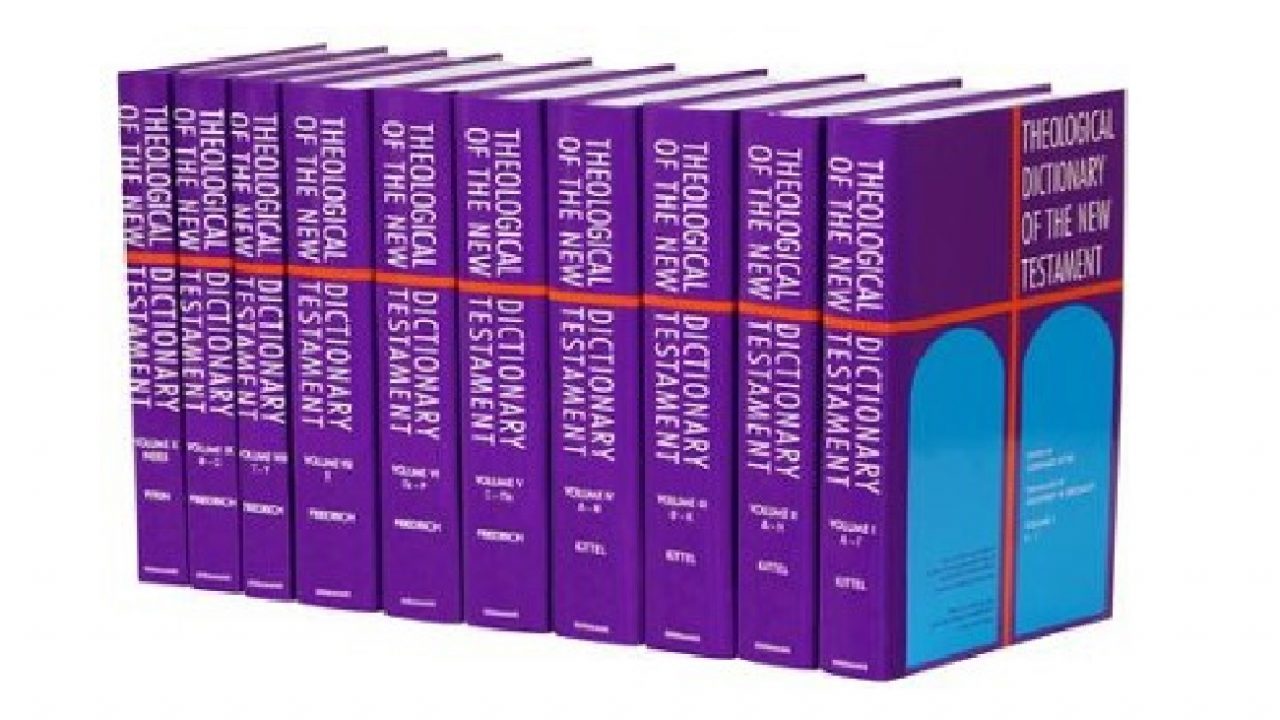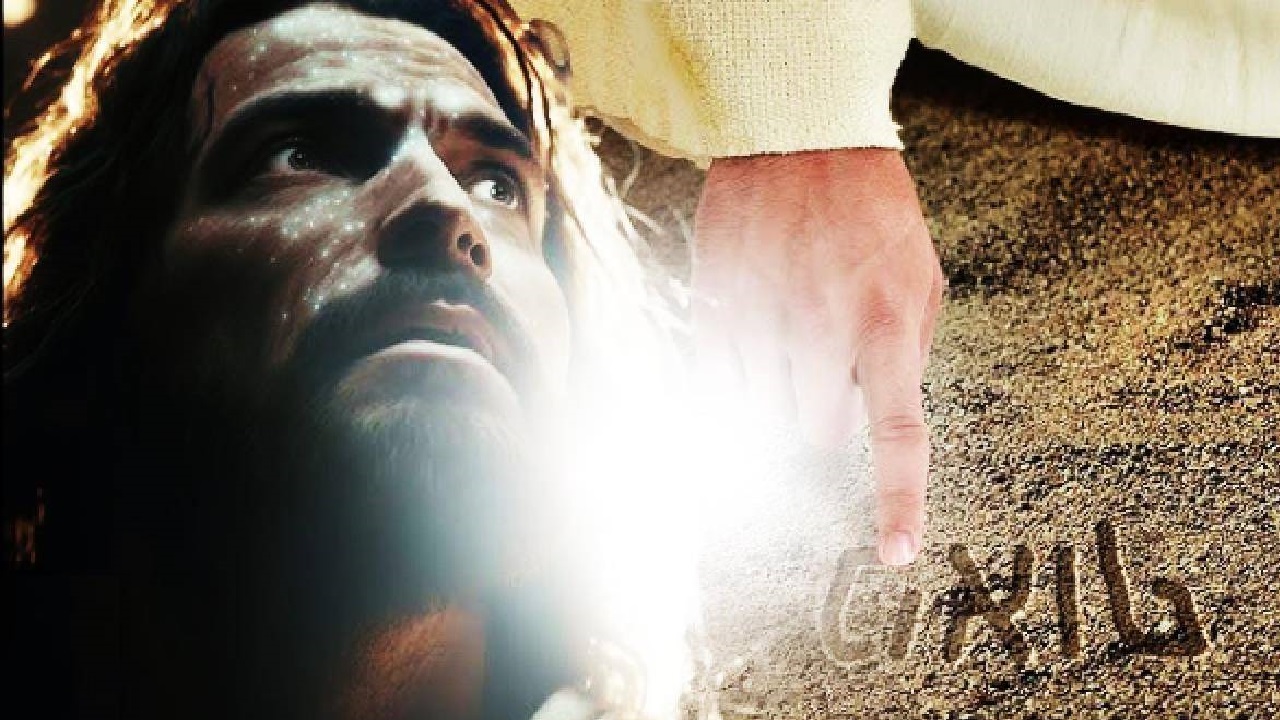“The predominant statement is that the kingdom of God is near, that it has drawn near…that it comes, that it will appear, that it is to come” [Mt. 3:2; 4:17; 6.10; 10.7; Mk. 1:15; 11.10; Lk. 10:9, 11; 11.2; 17.20; 19.11; 21:31].
The KOG “is opposed to everything present and earthly, to everything here and now. It is thus absolutely miraculous. Hence we cannot understand it as a summum bonum [the highest good] to which man strives and gradually approximates. From the direction in the summarized account at the beginning of the proclamation of the Gospel (Mt. 4:17), there arises the only question which can be and is relevant. This is not the question whether or how we men may have the kingdom of God as a disposition in our hearts….To try to bring in the kingdom of God is human presumption, self-righteous Pharisaism and refined Zealotism. From this standpoint, the supremely hard thing required of man is the patience by which alone may be achieved readiness for the act of God. We can see this in the preaching of the apostle Paul, for whom the [sober] and the [do not quench the spirit] are coincident (1 Th. 5:8, 19). The parables of the kingdom are spoken to drive home this point. The man who does not display a patient openness for God is like a man who sows, and then like an impatient and curious child—the seed grows he knows not how—he cannot allow it to germinate and grow of itself (the parable of the seed which grows of itself, Mk. 4:26–29). A pure miracle takes place before our eyes when without any co-operation of our own, and beyond all our understanding, the fruit-bearing head develops out of the tiny seed….The parables of the mustard seed (Mt. 13:31f. and par.) and the leaven (Mt. 13:33 == Lk. 13:20f.) carry the same lesson.”
“Since, however, faith is obedience to the command of God, our concern and effort are demanded. Through faith we should fight for the kingdom of God like the elect under the old covenant (Hb. 11:33).”
At any rate, true regard for the kingdom of God requires the most serious decision, the most serious weeding out of the few from the many (Mt. 22:14). A sharp alternative demands a pitiless decision. “No man, having put his hand to the plough, and looking back, is fit for the kingdom of God” (Lk. 9:62). This decision is no mere matter of enthusiasm. It is not taken in a wave of emotion. It is a matter for cool and sober consideration, as when an architect makes his plans before beginning to build or a king considers his strategy before going to war (Lk. 14:28–32). Those who are invited by God to His kingdom must reflect whether they can really accept the invitation. Those who do so without realizing what it implies, or who hear without obeying, are like a man building his house on sand (Mt. 7:24–27 == Lk. 6:47–49). Not everyone who says “Lord, Lord!” will enter into the kingdom of heaven, but those who do the will of God (Mt. 7:21). Supreme readiness for sacrifice is demanded, even to the point of sacrifice of self, or of hatred of one’s own family (Mt. 10:37 == Lk. 14:26).”
The theological and philosophical work of the Apologists makes an ambiguous impression. On the one side, Greek concepts of immortality, eternal life and knowledge are more important than the biblical concept of the βασιλεία τοῦ θεοῦ.
This introduces us to the theme of further development in ecclesiastical and theological history. The one-sided ethicizing of the thought of the kingdom of God is accompanied from the 2nd cent. onwards by a one-sided eschatologising expressed as popular religion in the early Christian apocalypses with their Gnostic trend (cf. Asc. Is., 4 Esr, Sib.), in stories of martyrdom and especially in burial inscriptions and pictures in the catacombs. As against this, Greek philosophical thinking becomes predominant in Clement of Alex., as in the Apologists; the βασιλεία concept of this religious philosopher is in terms of Platonism and Stoicism. It is striking that Clement turns to Stoic definitions in this field (Strom., II, 4, 19, 3 f.). Faith in gradual progress (προκοπή) replaces the biblical conception of the last judgment. Similarly in Origen, in spite of the formally excellent term αὐτοβασιλεία (→ 589), there is almost no place at all for the biblical message of the kingdom of God. As distinct from this Greek mode of thought predominant in the East, the Latin theology of the West believes in the active realization of the kingdom of God on earth; this development finds its climax in the identification of the kingdom with the Church as found in Augustine.




